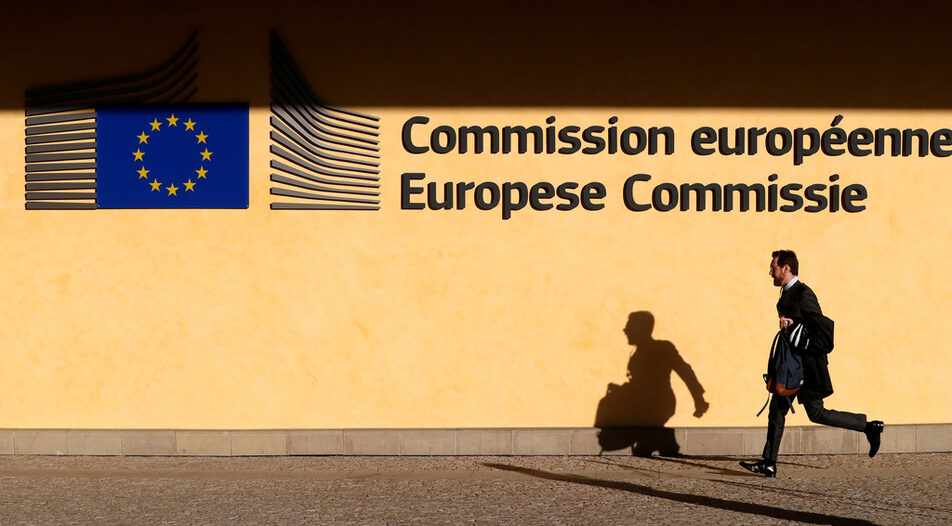Monday began with an agreement between business delegates - who had threatened a national strike due to increasing energy prices - and the Council of Ministers. After the meeting Energy Minister Aleksandar Nikolov said that energy bill compensations for firms for May and June would have no upper threshold, and would represent 80 percent of all bills above 200 BGN per MWh. In other news:
European Commission projects slower growth of GDP, salaries and consumption, higher inflation in 2022
Wage growth slower than inflation, reduced consumption and companies cautious about investing and hiring new employees. These are just some of the European Commission's expectations for Bulgarian economy this year. As expected, the growth forecast for this and next year has been lowered due to fallout from the invasion of Ukraine and high energy and food prices. The Commission's spring forecast published on Monday puts GDP growth at 2.1 percent instead of 3.7 percent. Inflation expectations have been significantly raised to 11.9 percent compared to 6.3 percent described in the winter forecast. Expectations have also worsened for the European Union as a whole, with growth revised down by 1.3 percentage points to 2.7 percent.
Eight parties would make up fractured parliament in the event of early elections: Trend
The latest survey of electoral trends by the Trend agency shows continued crumbling of public trust in the cabinet, which now stands at 22 percent, down from 39 at the start of the new political season. Trust in Parliament has also fallen - to 19 percent. Distrust in the two institutions reaches 70 and 71 percent, respectively.
The downward trend is reflected in declared support for the parties of the ruling coalition, with WCC receiving 17.5 percent of the vote in case of early elections, BSP dropping to fifth spot with 9.5 percent of votes and TISP and Democratic Bulgaria only slightly above the 4 percent threshold required to enter Parliament - with 6.8 and 5.8 percent, respectively.
The big winners, according to trend, are yet again Vazrazhdane, who moved up to fourth place on 10.1 percent of the projected vote and the newly announced party of former Prime Minister Stefan Yanev Bulgarian Rise on 7.6 percent. GERB and MRF are relatively unchanged on 24 and 11 percent, respectively.
Record low unemployment rate of 4.6% in April
According to the State Employment Agency, in April the registered unemployment rate in the country was the lowest ever in the democratic history of the country - 4.6 percent. The decrease compared to the previous month was 0.2 percentage points, while on an annual basis there was a drop of 1.5 percent. The total number of unemployed registered in labor offices decreased - in March there were 150 547. This is 5,316 fewer unemployed than in March and 49,870 or 24.9 percent less than a year earlier.
Monday began with an agreement between business delegates - who had threatened a national strike due to increasing energy prices - and the Council of Ministers. After the meeting Energy Minister Aleksandar Nikolov said that energy bill compensations for firms for May and June would have no upper threshold, and would represent 80 percent of all bills above 200 BGN per MWh. In other news:












